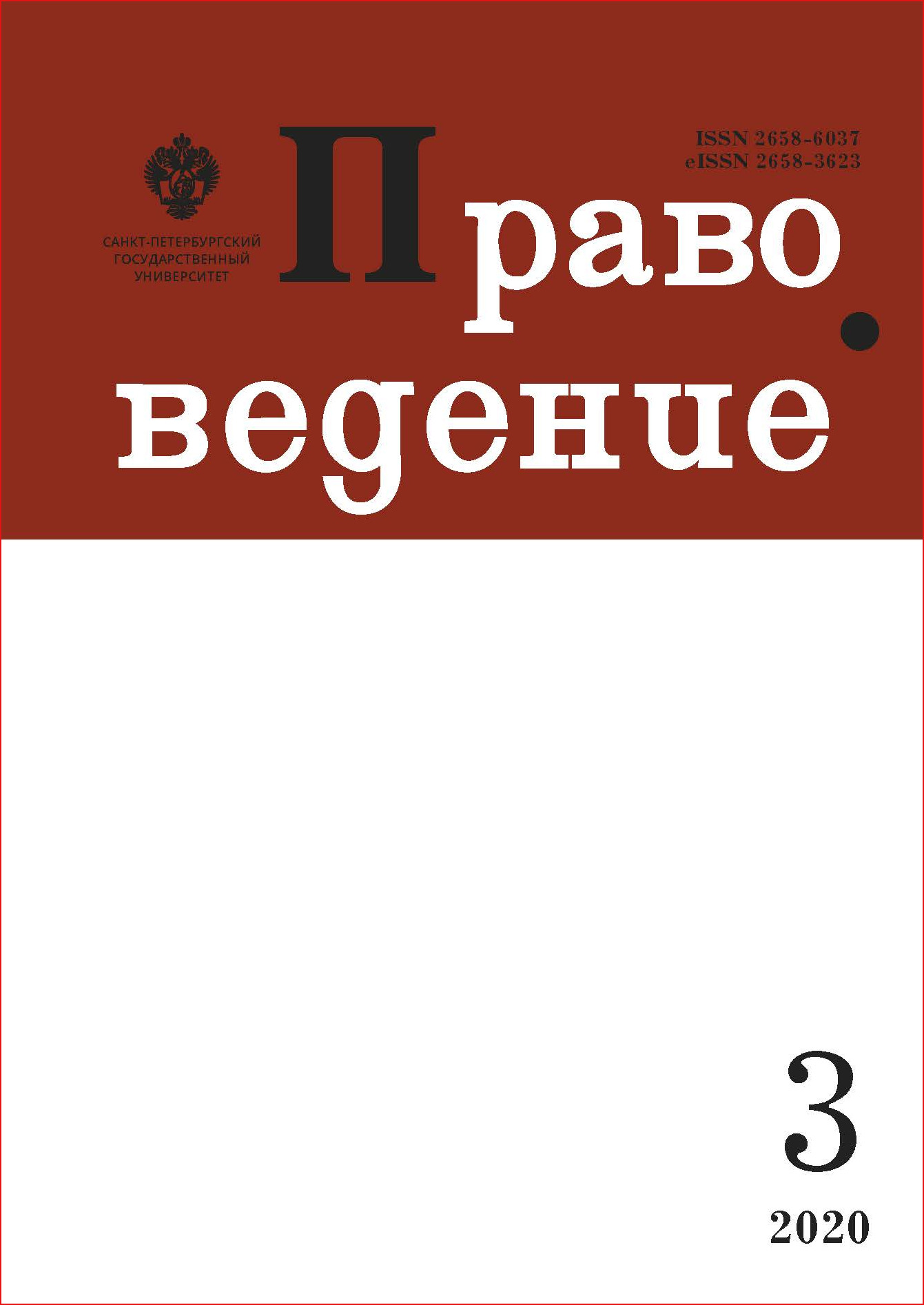Гражданско-правовая форма мушарака как инструмент прямого участия исламского банка в капитале: ретроспективный анализ и современность
DOI:
https://doi.org/10.21638/spbu25.2020.302Аннотация
Конвенциональные банки, осуществляющие деятельность в условиях «процентного капитализма», больше не выступают монополистами в финансовой отрасли. В XXI в. их главным конкурентом стали исламские банки, предоставляющие услуги на беспроцентной основе с целью соблюдения запрета незаконного роста — риба (ribā). За последние годы исламский банкинг, существовавший еще 30–40 лет назад исключительно как региональное явление в странах с преобладающим мусульманским населением, перешел к стадии стремительного роста. На повестке дня «мира ислама» (дар аль-ислам, Dar al-Islam) стоит рассредоточение капитала посредством масштабирования обособленного беспроцентного банковского сегмента, стимулирующего растущий социальный запрос на справедливое распределение благ, а также устойчивое и одновременно эластичное экономическое азвитие. Однако деятельность исламских банков остается малоизученным феноменом, недостаточно понятым российской юридической наукой. По своей сущности исламское банковское дело является инвестиционным. Авторы статьи предпринимают попытку разъяснить сущность применения в исламском банковском деле гражданско-правовой формы мушарака (musharakah), используемой исламскими банками в целях поддержки бизнеса и реализации инвестиционных проектов. Современное договорное объединение мушарака — производное от традиционного исламского объединения ширкат аль-инан (shirkat al’inan) по модели ширкат аль-амваль (shirkat al’amwal), предназначенного для осуществления участниками совместной хозяйственной деятельности на условиях распределения прибыли и убытков. По этой причине в статье значительное внимание уделяется характеристикам ширкат аль-инан, рассматриваемым преимущественно с позиции ханафитского мазхаба. Авторы определяют место ширкат аль-инан в системе хозяйствующих субъектов исламского права, а также анализируют порядок формирования объединенного капитала ширкат аль-инан и внесения имущественных вкладов, внутренние правоотношения, возникающие между участниками, вопросы представительства объединения при взаимодействии с третьими лицами, режим ответственности участников и условия выхода из объединения. По итогам анализа в статье производится сравнение традиционной формы ширкат аль-инан с современной сделкой мушарака.
Ключевые слова:
мушарака, аль-ширка, ширкат аль-инан, сделка участия, инвестиции, исламский банкинг, исламский банк
Скачивания
Библиографические ссылки
Загрузки
Опубликован
Как цитировать
Выпуск
Раздел
Лицензия
Статьи журнала «Правоведение» находятся в открытом доступе и распространяются в соответствии с условиями Лицензионного Договора с Санкт-Петербургским государственным университетом, который бесплатно предоставляет авторам неограниченное распространение и самостоятельное архивирование.




